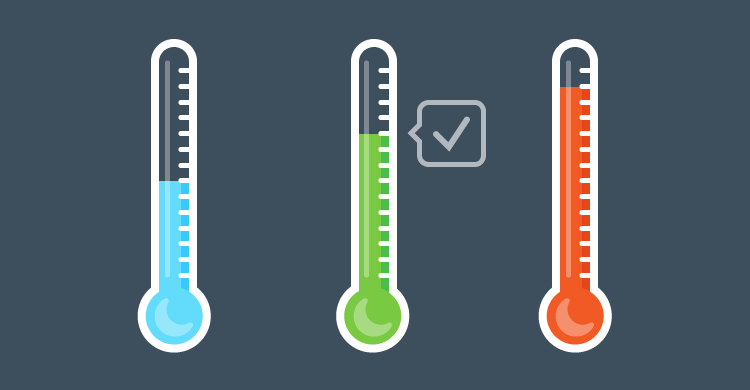(This is a guest post by Tom Koenigsberger, a middle and high school teacher for 34 years in urban and suburban Illinois. He worked with Richard DuFour at Adlai E. Stevenson High School, a model PLC in Illinois.)
In an effective professional learning community, all teachers take collective responsibility for ensuring all their students learn essential knowledge and skills. To achieve this goal, PLC team members must hold each other accountable for using research-based pedagogy and evidence-based practices that best achieve this outcome.
Using the subject of science as an example, some educators have not done a very good job of instilling the essential higher-order thinking skills or knowledge necessary to graduate students who can use their acquired science principles to make educated decisions. For example in the United States, TIMSS scores are low and a recent article in the Wall Street Journal states, “Four in 10 U.S. college students graduate without the complex reasoning skills to manage white-collar work, according to the results of a test of nearly 32,000 students.” This is in spite of the fact that the educational literature is replete with how to teach science so that students learn and can use that knowledge effectively.
Conscientiously applying the knowledge obtained from research about authentic testing, higher-order thinking, teaching fewer standards, and real-world application will produce students who can—at a minimum—analyze, discriminate, hypothesize, and defend their conclusions. But none of this will occur if PLC teams do not monitor the proper implementation of these recommendations.
As my colleagues and I from Solution Tree visit schools that have asked us to evaluate their progress along the PLC continuum, we often find that schools have their SMART goals and norms in place, meet regularly, create common assessments, and analyze test data. This is important and essential work. Unfortunately, rarely do teams spend time to look at removing nonessential material, examine how effective their efforts have been in teaching critical-thinking skills, or develop authentic learning opportunities for their students.
Analyzing test data is of little help with student growth if the test questions are simply multiple choice and recall. High-level thinking does not occur for students if a problem is not presented in a novel situation. Labs are not inquiry if students know the outcome before they have even started the experiment.
Team meetings are to strengthen pedagogy, curriculum, and testing to provide the most powerful learning experiences our students can obtain and prepare them for an extremely competitive world. Therefore, teams should ensure that:
- Tests are not only reliable and valid, but also relevant. They test thinking skills, as well as the essential knowledge that must be memorized. (See “Assessing Your Assessments“)
- The curriculum is teaching the most important concepts and skills. (Whether or not your state is adopting the Common Core Standards and/or the Next Generation Science Standards, these documents are a good place to examine important 21st century expectations.)
- They are eliminating course material (a difficult task), as well as adding pertinent new material.
Self-critiquing of work by the team is as crucial as metacognition is for the individual student. It is what high-performing teams do in a PLC.
[author_bio id=”guest”]






